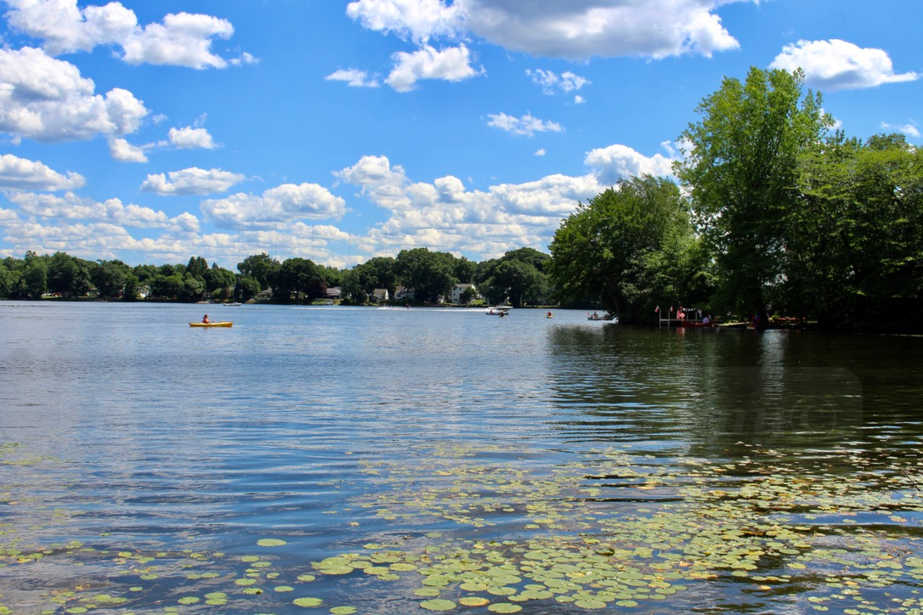[broadstreet zone=”53130″]
FRAMINGHAM – Massachusetts Department of Public Health and the City of Framingham Parks & Recreation Department issued an advisory for cyanobacteria at Lake Waushakum today.
“Visual evidence indicates the presence of cyanobacteria (blue-green algae) in Waushakum Pond,” posted the City this morning, October 12.
This means the water is unsafe for people and pets.
Individuals are advised:
- Do not swim.
- Do not swallow the water.
[broadstreet zone=”58610″]
- Keep animals away from the water
- Rinse off after contact with water.
In August, Learned’s Pond had cyanobacteria.
An alert was issued for Lake Cochituate on Friday, October 7.
Massachusetts Department of Public Health indicated the most harm can come from ingestion of the infected water.
Ingesting small amounts of cyanobacteria or toxin can cause gastrointestinal symptoms. Ingesting large amounts of toxins may cause liver or neurological damage.
Contact with cyanobacteria can cause skin or eye irritation.
[broadstreet zone=”59947″]
Inhaling water spray containing cyanobacteria can cause asthma-like symptoms.
Small children and pets are more susceptible to the effects of toxins than adults.
Cyanobacteria occurs when there is “warm weather, sunlight, excess nutrients, and stagnant/slow-moving waters help cyanobacteria grow faster. Specific factors behind each bloom vary because every waterbody is different. However, two of the most common factors are phosphorus and nitrogen, which are found in fertilizers and human/animal waste,” noted the Commonwealth of Massachusetts.
[broadstreet zone=”61074″]

